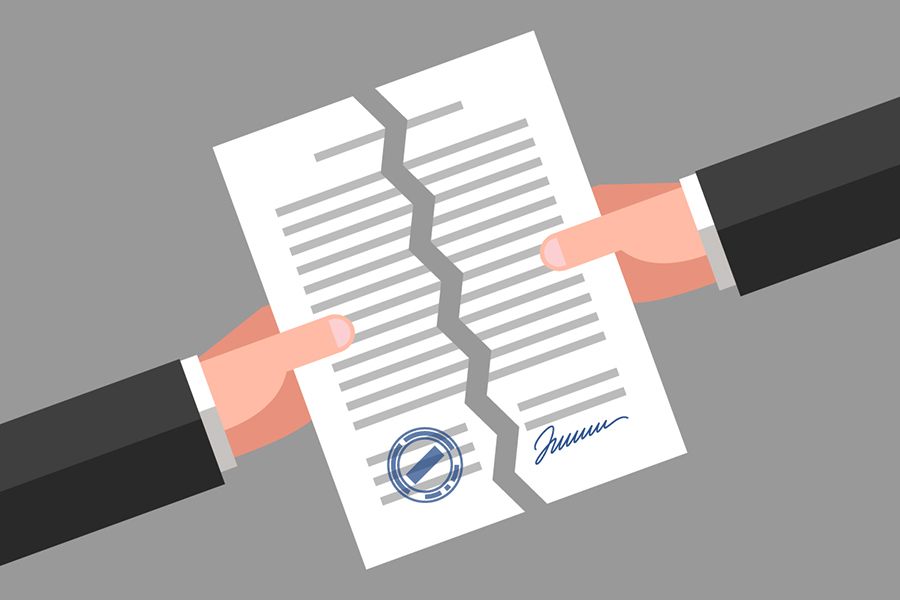
Contracts are a necessity with business dealings, but a poorly written one can get your business in hot water quickly. If the contract is missing vital information, or if it is unclear or filled with ambiguous language, you may not even fully understand what you are agreeing to. Some lawyers will insist on including tons of hidden language, loopholes, and other clauses that are not in your best interests.

Understanding contracts is crucial knowledge for the small business owner. Whether you are new to business, or a seasoned entrepreneur, you can benefit from reviewing the basic structure of a legal contract. In this article we will review some elementary steps to creating an effective contract.

If you have ever been a party to a construction contract you've likely heard the term "implied warranty." In fact, these types of warranties play a central role in construction contracts.

Practically every adult has dealt with interest rates at some point. Whether the interest was tied to a vehicle purchase, credit card, or bank loan they generally work the same.

Back in the day it was not uncommon for important business dealings to be sealed with a handshake. This usually followed a verbal agreement between two parties that was intended as an oral contract. Although the parties to these verbal agreements may have intended well, what happened when one side failed to meet its obligation?

At some point all business owners have to deal with the process of creating a contract. However, just because you write out a contract doesn't necessarily mean it is legal. There are certain elements that need to be properly expressed in a contract to give it validity.

What happens when a third party interferes with a contract maintained by other parties? In some cases, the third party may be liable for a business tort called tortious interference with contract. This cause of action exists to protect the sanctity of contractual relations.

Contract negotiations are a common occurrence in the business world. In fact, no contract is created without some sort of back and forth between the parties. A proper negation process usually begins with negotiating about the business terms followed by the legal aspects.

As in any relationship, the parties to a contract can become at odds. Even though a contract is intended to make the transaction beneficial for both parties, it's not uncommon for problems to arise during the performance.

Contracts are all around us. They are the legal documents that govern all sorts of interactions. These documents can be used for cell phone service, a home mortgage and even high-stakes business deals. There's no doubt about it, you've likely been the party to a contract at some point of your life. But what happens when a contract goes sideways?

Everyone involved in a business agreement expects that it will be enforceable. However, things happen during the course of business that can complicate adhering to the terms. When things go south, you may wonder what your options are. As a non-breaching party, you want to ensure that your rights are protected.










